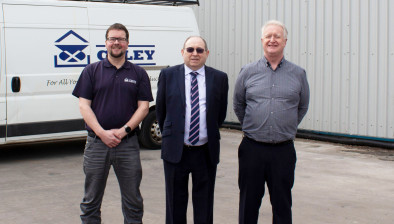Rural developers reminded of VAT situation for converted properties as highlighted in two appeal cases

Newly converted dwellings that contain elements of existing residential property will fail to qualify for VAT zero-rating on disposal.
This is the conclusion of the Upper Tax Tribunal in two cases this summer that will impact on small developers converting buildings incorporating parts of existing dwellings for domestic use, says accountancy firm Saffery Champness.
The Upper Tribunal heard related appeals concerning two conflicting First Tier Tribunal (FTT) decisions about the conversion of mixed-use buildings into dwellings.
In both cases, HM Revenue & Customs (HMRC) argued that no VAT zero-rating was available on the sale of new residential units because parts of existing dwellings formed a part of each new unit.
The MacPherson case involved the purchase of an old village shop with office and storage space as well as living accommodation.
The property was converted into two semi-detached dwellings, made up of areas that had previously been part of the living accommodation as well as the non-residential areas.
The MacPhersons lost their case at the Upper Tribunal following an appeal.
Similarly, the Languard case involved the purchase of a public house that consisted of both pub premises and manager’s accommodation. Following the purchase, the premises were converted into two maisonettes, combining the former commercial and residential elements. Languard won the case at the FTT but the Upper Tribunal overturned this ruling following an appeal by HMRC.
Sean McGinness, VAT specialist with accountancy firm Saffery Champness and a member of the firm’s landed estates and rural business group, said: “The Upper Tax Tribunal concluded that zero-rating could not apply in either case as the new residential units included part of the former residential space. This will be a blow to residential developers of mixed-use properties, and will have relevance in a rural context. If in any doubt then professional advice should always be sought.”






















